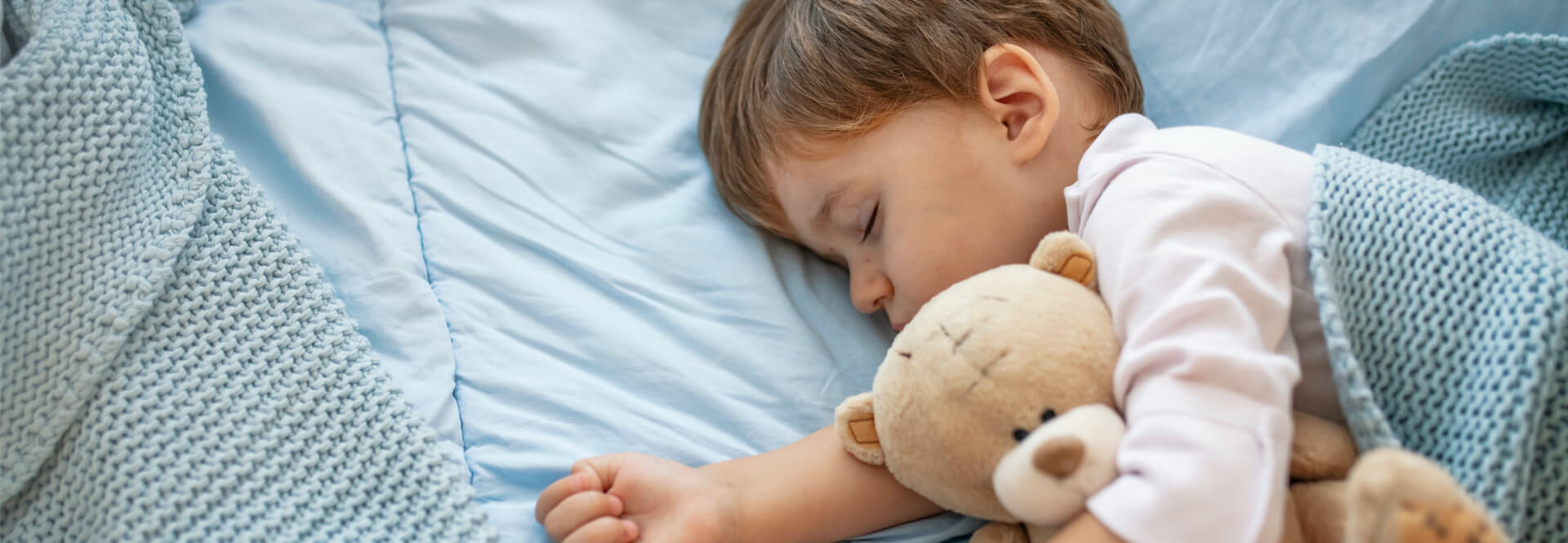
Talking to Children About Adoption: 18 Months – 3 Years Old
Toddlers love stories about themselves and everyone else. They like fairy tales and real life adventure. They like to hear recaps of their own accomplishments and adventures, and fantasies of what they might do or become. They listen, ask questions and some even correct the story teller.
They also like looking at pictures of themselves, family members, friends and places they know. They can look and listen to the same stories over and over again as they memorize the events, people and places.
Sharing adoption with a toddler is the beginning of many conversations to come. You will start with simple facts and add information over the coming years. Before you talk to your child, make sure you have practiced what you will say and how you will say it. You should be comfortable with the language of adoption. You know your child best. Anticipate what they might say or ask, or that they may say nothing at all. Be ready with some simple answers.
Your child may be noticing ladies with big bellies. Maybe it is someone in your family or a friend expecting a child (pregnant or adopting). This is an opportunity for you to raise the conversation about adoption with your child.
Try a straightforward and truthful story. Talk about pregnancy and adoption. You do not have to detail how women get pregnant.
All babies come from ladies bellies. They call that being pregnant. When the baby is big enough to be born, there are many decisions to make. You need to know where the baby will be born. Most babies are born in hospitals. There are doctors and nurses there to make sure everything goes well and that the baby and lady who gives birth are healthy. Then there are many decisions about where the baby will live when they leave the hospital. Some babies go home with the lady who had the baby in her belly. Some babies go home with other ladies (or men) who become their mommies and daddies. That’s how I became your mommy/daddy (and how — became your brother, sister, grandmother, grandfather, aunt, uncle, cousin, etc.)
This story is simple and true. A child this age does not need details of why the decision was made to make an adoption plan. That comes in the next few years.
If you made a photo album for your child of their early life, this is a good time to add names and/or information. Add a picture of the United States/world and mark where you, your child and other family members were born. Add photos of your child doing his/her favorite activities, places, foods or babysitters. Start adding your child’s words as captions to explain pictures.
At this age, some children ask questions about where they came from or their birth parents. They are curious and not questioning your being their parent. Simple answers are usually best.
Was I in your belly? No, you were in another woman’s belly. But I took you home and became your mother. Where is she (my birth mother)? She stayed in (state/country).
If you are adopting again, this is a perfect time to share adoption with your child. You will be sharing the general adoption process, not specifics about a sibling’s birth history or parents. You also want to choose your words carefully, so as not to confuse or upset your child should the adoption not move forward. Talk about how women have babies in their bellies and that when the baby is born a decision will be made if the baby will go home with that lady, or with you as the new parent and family. You can share that you hope you will be able to take the baby home, but it has to be the right thing for the baby and everyone else. That you will tell them as soon as you know for sure.
You should not be sharing your child’s personal story with others. For example, you should not share their birthparents’ circumstances, except to say they were not in a position to care for a young child. This does not mean the adoption is a secret. This information is a private matter for you and your child. You can tell family and friends that you have been advised to keep the information private. This information actually belongs to the child and they should be the one to share it with others when they feel ready to do so.
Be mindful of the words you use when discussing anything about adoption with your family, friends and others. Children this age are like little sponges. They soak up the language and meaning of your words and behavior. If you use negative words or speak negatively of the adoption experience or birth family your child is absorbing that information.
This also includes conversation with in-home or school settings. It is up to you whether to reveal your child’s adoption or how much to share. Think through what information is actually needed in each situation. Assess the persons comfort level with how you became a family. If in a school setting – are there other adoptive families or those of other diverse backgrounds or family formation? Observe classrooms – do you feel comfortable there? Do you think your child will?
Throughout all conversations, your tone and message should remain clear and simple: You found and adopted your child. You are a family.
Available 24/7 to Answer Your Adoption Questions


Search Adoption Network
Speak with a Specialist 1-800-367-2367